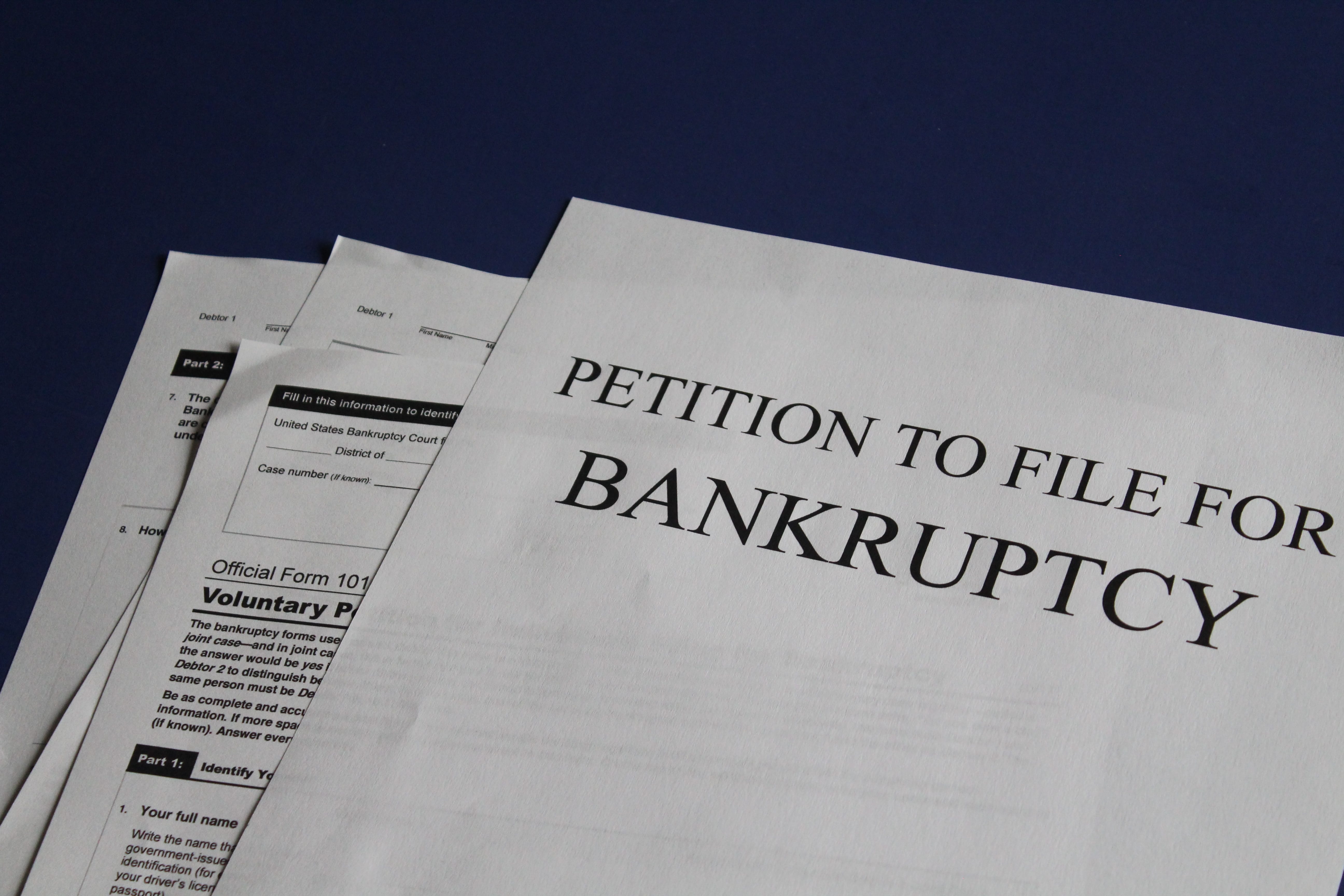Life after bankruptcy offers a fresh start, and with the right guidance, clients can rebuild their financial lives successfully.
Financial distress can be overwhelming, especially when considering the complex world of bankruptcy. This is where a specialized bankruptcy lawyer becomes an invaluable ally. Understanding what a bankruptcy lawyer does—from the initial consultation to the courtroom—can make the process less daunting and help you find a path forward. This article explores the essential role these professionals play in managing financial crises effectively.
Understanding the Basics of Bankruptcy
Bankruptcy is a legal process designed to help individuals and businesses eliminate or repay their debts. It provides a fresh start for those facing insurmountable financial challenges but requires careful navigation through legal intricacies. This is where a bankruptcy lawyer comes into play, guiding clients through each step of the process with expertise and precision.
The decision to file for bankruptcy is significant, impacting both personal and financial aspects of life. A bankruptcy lawyer helps clients understand the various types of bankruptcy available, such as Chapter 7, Chapter 11, or Chapter 13, and advises on which option best suits their specific situation. By doing so, they offer clarity and direction during an otherwise confusing time.
While the concept of bankruptcy may seem straightforward, its execution involves many legal procedures and requirements. Missing a single detail can lead to complications or even dismissal of the case. A bankruptcy lawyer ensures that all paperwork is completed accurately and submitted on time, reducing stress and increasing the likelihood of a successful outcome.
The Initial Consultation
The first step in working with a bankruptcy lawyer is the initial consultation. This meeting is crucial for laying the groundwork and establishing trust. It’s a time for clients to ask questions, express concerns, and gain a clear understanding of the process ahead.
During the consultation, the lawyer assesses the client’s financial situation, reviewing income, debts, assets, and liabilities. This comprehensive evaluation helps determine whether bankruptcy is the right course of action and, if so, which type is most appropriate.
The initial consultation also provides an opportunity for the client to learn about the lawyer’s experience and approach. A specialized bankruptcy lawyer possesses extensive knowledge of bankruptcy laws and can offer valuable insights into potential outcomes. This expertise reassures clients that they are in capable hands.
Developing a Strategic Plan
After the consultation, the bankruptcy attorney works with the client to develop a strategic plan. This plan is tailored to the client’s unique circumstances and outlines the steps needed to achieve financial relief. It serves as a roadmap, guiding the client through the bankruptcy process with confidence and clarity.
A well-crafted plan includes detailed strategies for managing debts, protecting assets, and navigating court proceedings. The lawyer identifies potential challenges and addresses them proactively, ensuring that the client is well-prepared for every stage of the process.
In addition to legal strategies, the plan may also include recommendations for improving financial habits and building a secure future post-bankruptcy. By providing comprehensive support, the bankruptcy lawyer helps clients regain control over their finances and make informed decisions moving forward.
Filing the Bankruptcy Petition
Filing the bankruptcy petition is a critical step in the process, and it requires meticulous attention to detail. The petition officially initiates the bankruptcy case and sets the legal proceedings in motion. A bankruptcy lawyer plays a pivotal role in preparing and filing this crucial document.
The petition must include accurate information about the client’s financial situation, including details of debts, income, expenses, and assets. Ensuring the accuracy of this information is essential, as any discrepancies can delay or jeopardize the case. A bankruptcy lawyer thoroughly reviews all documentation, cross-checking details to prevent errors.
Once the petition is filed, an automatic stay goes into effect, providing immediate relief from creditor actions such as foreclosure, repossession, or wage garnishment. This stay offers a temporary reprieve, allowing the client to focus on restructuring their finances with the guidance of their lawyer.
Navigating Court Proceedings
Court proceedings are an integral part of the bankruptcy process, and a bankruptcy lawyer is invaluable in navigating them. These proceedings can be complex and intimidating, but with a skilled lawyer by your side, you can face them with confidence.
One of the primary responsibilities of a bankruptcy lawyer is to represent the client in court, advocating for their interests and ensuring compliance with all legal requirements. This includes attending meetings of creditors, negotiating with them, and presenting the case before a bankruptcy judge.
A bankruptcy lawyer’s courtroom experience is crucial in addressing challenges that may arise during proceedings. From handling objections by creditors to responding to inquiries from the trustee, the lawyer’s expertise ensures that the client’s rights are protected and that the case moves forward smoothly.
Managing Creditor Communications
Dealing with creditors can be one of the most stressful aspects of financial distress. A bankruptcy lawyer acts as a buffer, managing communications with creditors and relieving clients of this burden. This allows clients to focus on rebuilding their financial lives without the added pressure of creditor demands.
The lawyer handles all correspondence with creditors, ensuring that communications are conducted professionally and in accordance with bankruptcy laws. This includes negotiating payment plans, settlements, and other resolutions that align with the client’s goals.
By managing these interactions, a bankruptcy lawyer helps prevent aggressive collection tactics and ensures that creditors adhere to the legal protections afforded by the bankruptcy process. This support provides clients with peace of mind and a sense of security during a challenging time.
Protecting Assets and Interests
One of the primary concerns for individuals filing for bankruptcy is protecting their assets. A bankruptcy lawyer plays a crucial role in safeguarding these assets and ensuring that the client’s interests are prioritized throughout the process.
The lawyer evaluates the client’s financial portfolio, identifying which assets are exempt from liquidation and which may be at risk. By leveraging their knowledge of bankruptcy laws, they work to protect valuable assets such as homes, vehicles, and retirement accounts.

In addition to asset protection, a bankruptcy lawyer advocates for the client’s broader interests, seeking the most favorable terms and outcomes. This includes negotiating with creditors, challenging any unjust claims, and ensuring that the client’s rights are upheld at all times.
Discharge of Debts
A successful bankruptcy case culminates in the discharge of eligible debts, providing the client with a fresh financial start. A bankruptcy lawyer is instrumental in achieving this outcome, guiding the client through the final stages of the process.
The lawyer ensures that all requirements for debt discharge are met, including completing necessary financial education courses and adhering to court mandates. They also address any disputes or challenges that may arise during this phase, advocating for the client’s right to relief.
Once debts are discharged, the client is no longer legally obligated to repay them, offering a sense of closure and the opportunity to rebuild financially. A bankruptcy lawyer provides support and guidance as the client transitions into this new chapter, helping them establish a stable and secure financial future.
Rebuilding After Bankruptcy
Life after bankruptcy offers a fresh start, and with the right guidance, clients can rebuild their financial lives successfully. A bankruptcy lawyer offers ongoing support, providing resources and advice to help clients establish sound financial habits and rebuild their credit.
The lawyer may recommend strategies for budgeting, saving, and managing expenses, empowering clients to make informed financial decisions. Additionally, they offer insights into rebuilding credit, such as obtaining secured credit cards and maintaining timely payments.
By offering continued support and education, a bankruptcy lawyer helps clients regain financial stability and confidence. This guidance sets the foundation for a prosperous future, allowing clients to move forward with renewed hope and determination.
In conclusion, the role of a bankruptcy attorney is multifaceted and essential for individuals facing financial distress. From providing expert guidance and representation to protecting assets and securing debt discharge, a specialized bankruptcy lawyer offers invaluable support throughout the process. By partnering with a skilled professional, clients can navigate the complexities of bankruptcy with confidence and emerge with a fresh financial start. For those considering bankruptcy, seeking the counsel of an experienced lawyer is a wise step toward finding lasting solutions and achieving financial freedom.


Join the conversation!